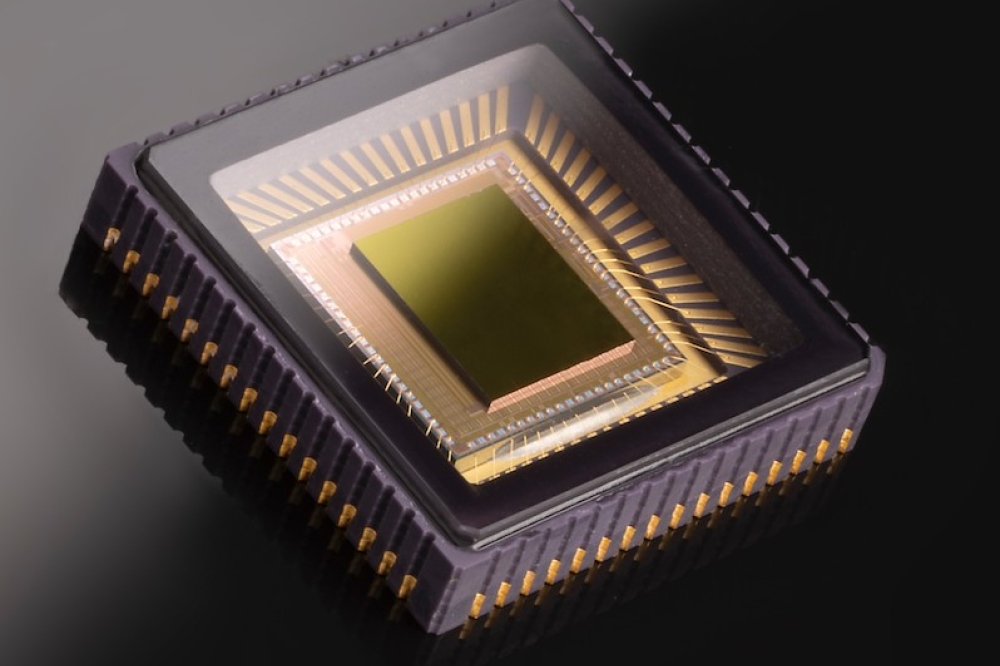CSconnected supports Net Zero roadmap

CSconnected supports roadmap on the future of materials for low loss electronics published by The Henry Royce Institute
CSconnected is supporting the new roadmap on the future of materials for low loss electronics published by The Henry Royce Institute for advanced materials (Royce). The roadmap sets out recommendations to support the demands of future ultra-efficient electronic systems.
CSconnected and Royce are working together to call for a UK-wide initiative to capitalise on the UK’s established world leading semiconductor materials research base, to fund the development of materials solutions that deliver the next generation of efficient electronic devices and components, and to address the UK Government’s target of net-zero carbon emissions by 2050.
The low-loss electronics roadmap sets out the priorities, targets and enablers that have been identified by the UK materials community to help to achieve more efficient electronics in the context of power electronics and computing. Its recommendations reflect the growth in the electrification of vehicles, the increased use of renewable energy sources, and the development of ‘smart grids’. They also reflect the ever-growing global demand for digital technologies that is rapidly accelerating due to the evolution of established trends such as smartphone usage, the rise of social media and digital entertainment on demand.
This increasing global demand for digital technologies is now overlaid with new opportunities including mass-market adoption of the Internet of Things, practical applications of Artificial Intelligence (AI), emergence of autonomous vehicle technology, Industry4.0, and more recently, a step change in the connectivity demands of home working and online retailing.
Such a ubiquitous upward trend in digital technologies comes inevitably with an energy consumption penalty, and the numbers are sobering. There will be 29.3 billion networked devices by 2023, up from 18.4 billion in 2018, with internet access penetration reaching 66% of global population. Consequently internet (IP) traffic volumes will continue to see a massive rise, from 100 Exabytes per month in 2017 to a forecasted >330 Exabytes per month in 2022. This translates to a ‘digital electricity consumption’ growth of 7 percent per year, which is outstripping global electricity demand at 3 percent per year. Estimates suggest that the production and operation of Information and Communication Technology (ICT) systems will demand more than 21 percent of global electricity consumption by 2030.
Overall, an estimated 40 percent of natural resources are converted to electrical energy. This is expected to grow to 60 percent by 2040. Given the UK’s ambitious target to bring all greenhouse gas emissions to net-zero by 2050, the development and adoption of more energy-efficient electronic systems are essential for the UK to achieve this goal.
Wyn Meredith, director of the Cardiff-based Compound Semiconductor Centre, a joint venture between IQE Plc and Cardiff University focussed on commercialisation of Compound Semiconductor Innovation, commented:“Reducing the energy consumption of future electronic systems cannot be achieved by optimisation of existing ICT hardware solutions alone. The UK needs to harness its extensive, world-class semiconductor materials research base to focus on developing solutions which take a holistic approach from novel materials to electronic devices and components.”
Royce CEO, David Knowles said:“We need ambitious new impact-driven initiatives to enable the UK materials science research community to accelerate dramatically the commercialisation of their research and innovation against our national imperatives. This focus on future electronic systems will provide a sovereign manufacturing capability for the UK, underpinned by world-leading research. Applied collaborative research programmes designed to accelerate industry adoption are needed, together with UK-based pilot-foundry semiconductor facilities”
Edmund Linfield, director of the Bragg Centre for Materials Research at Royce Partner, the University of Leeds added:“Establishing policies that set power consumption targets, and support the circular economy through end of life considerations will also be a critical factor in establishing an environment where the UK takes a leading position in the development of low-loss electronics.”
Operating with its Hub at The University of Manchester, the Henry Royce Institute for advanced materials research and innovation is a partnership of nine leading institutions – the universities of Cambridge, Imperial College London, Liverpool, Leeds, Oxford, Sheffield, the National Nuclear Laboratory, and UKAEA. Royce aims to support and grow world-recognised excellence in UK materials research, accelerating commercial exploitation and delivering positive economic and societal impact for the UK. Royce is funded by the Engineering & Physical Sciences Research Council, part of UK Research & Innovation.
The new roadmap is one of a suite which have been co-ordinated by the Royce, in collaboration with the Institute of Physics (IOP) and supported by the Institute for Manufacturing in Cambridge. The roadmaps convened the academic and industrial materials research communities to explore the increasingly critical role of new materials solutions and processes to deliver affordable, reliable and above all, green energy.


































